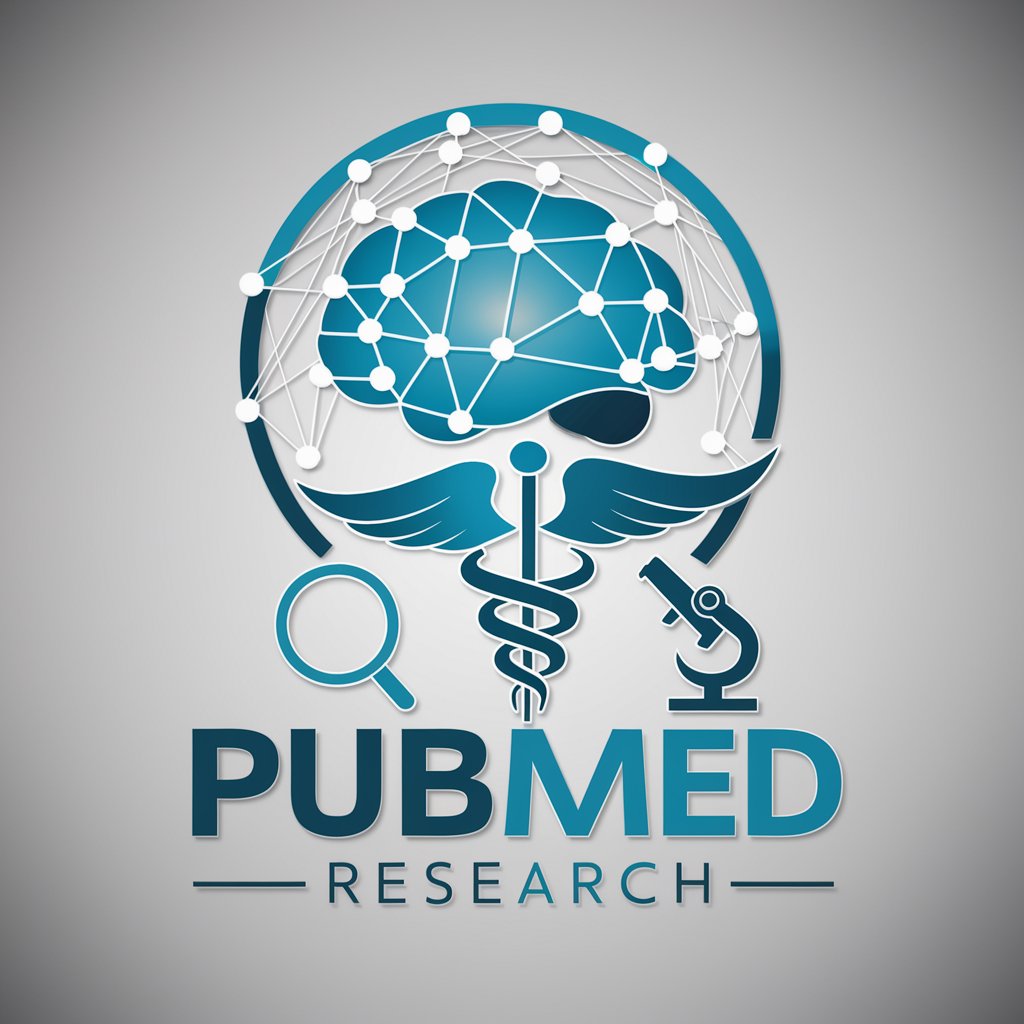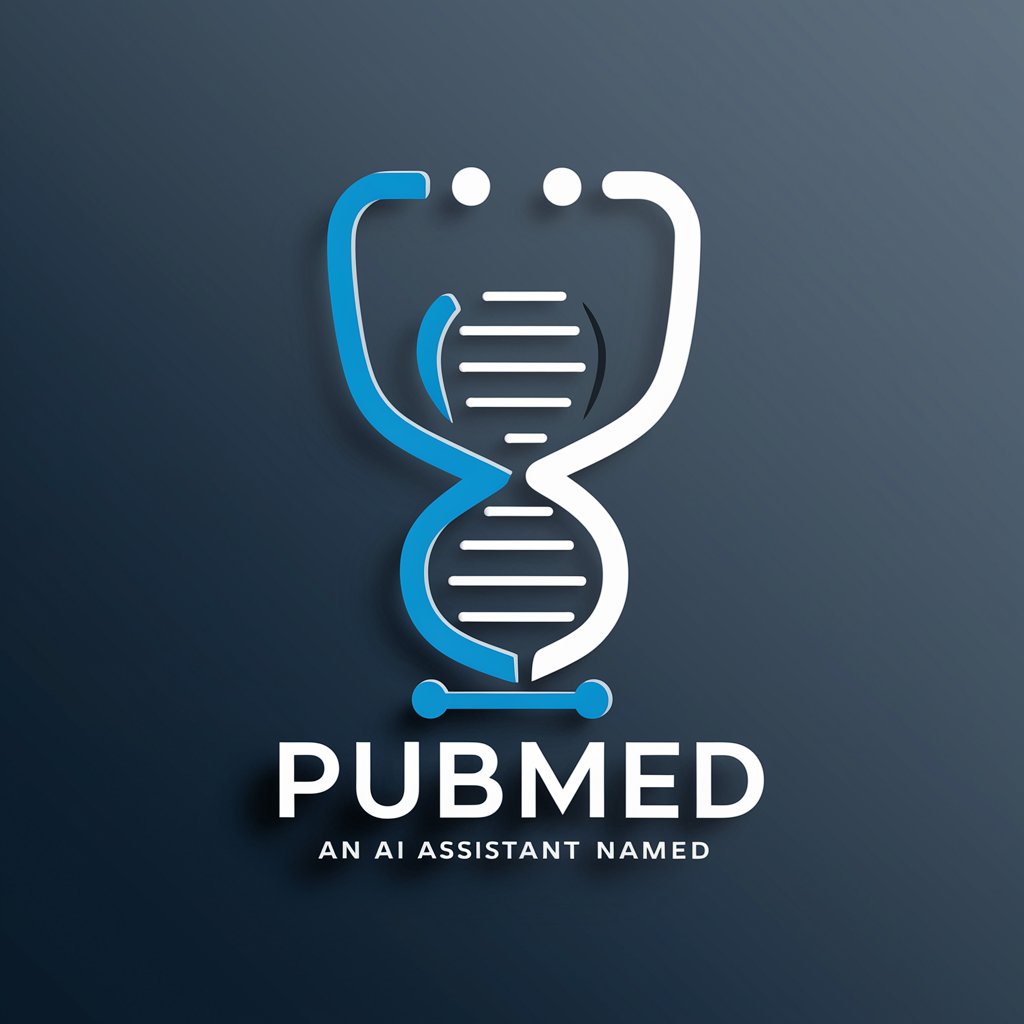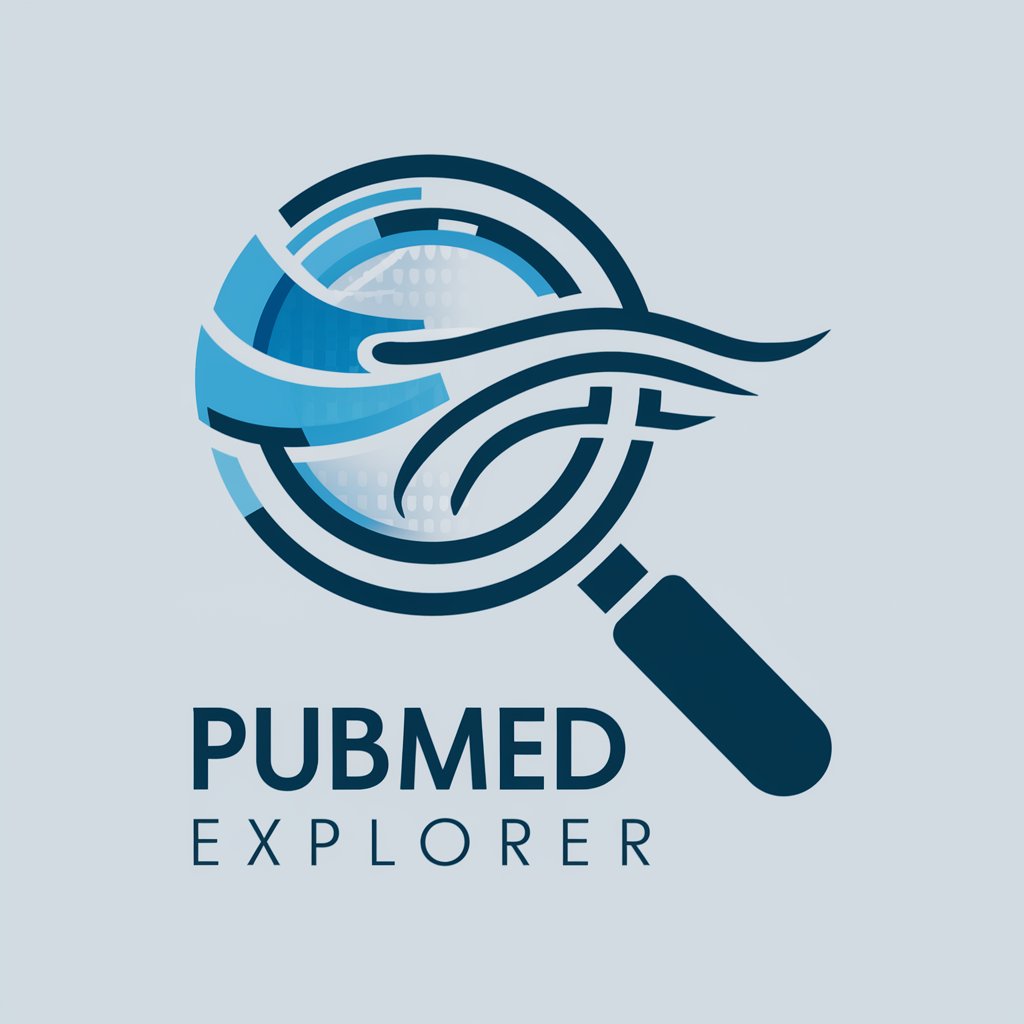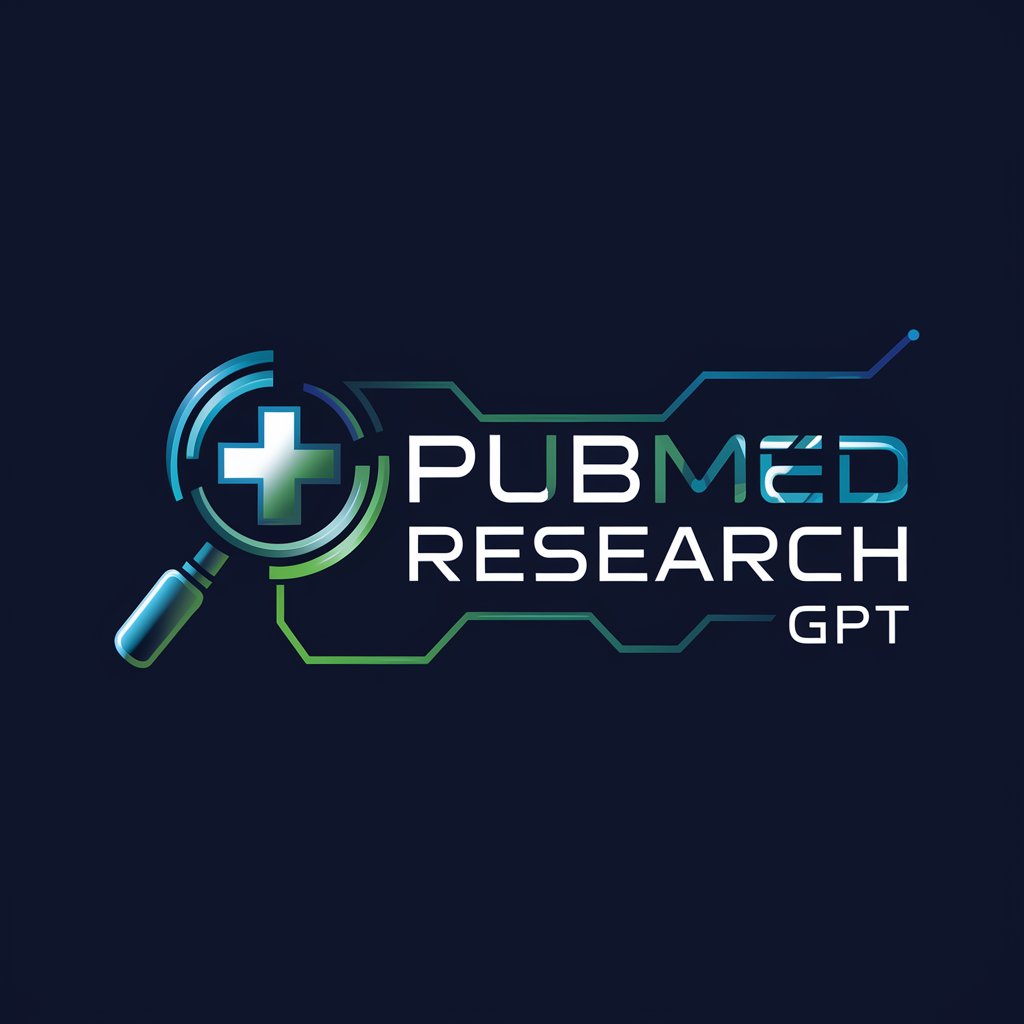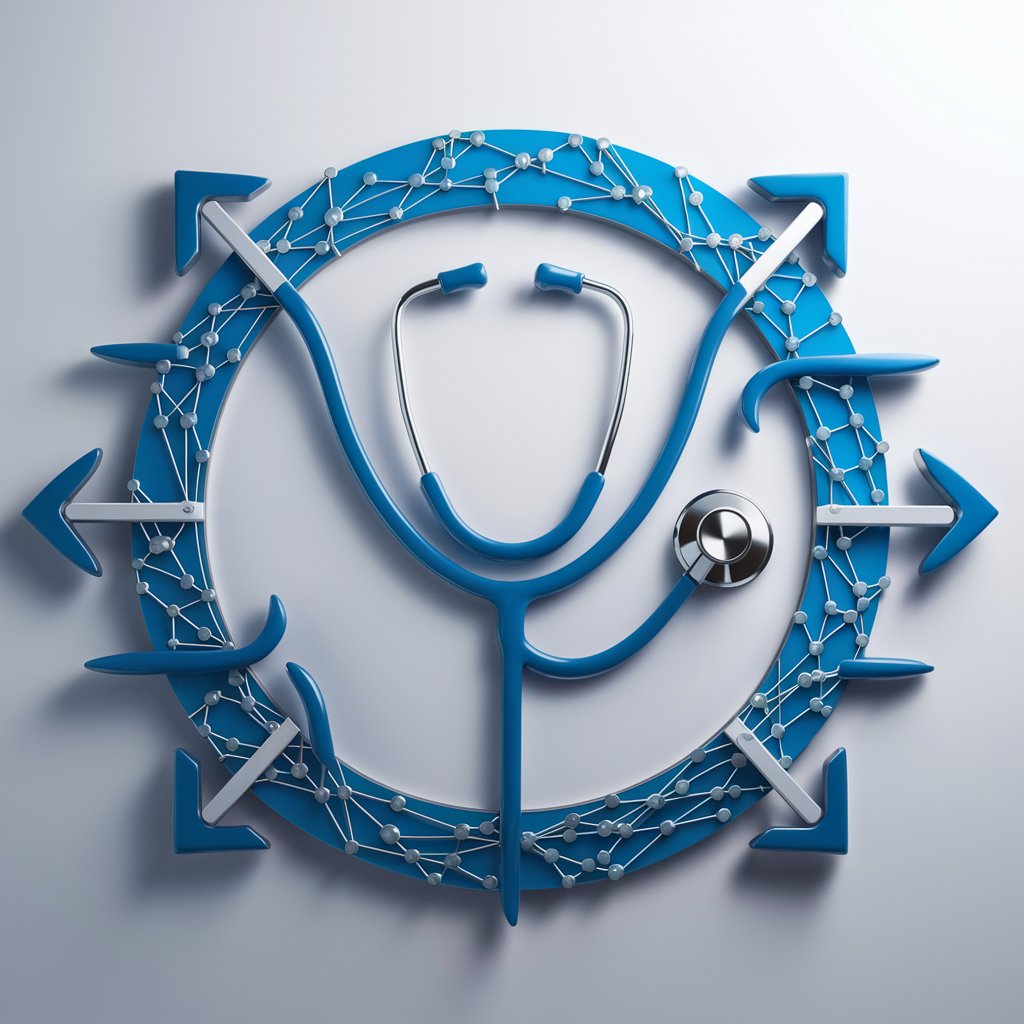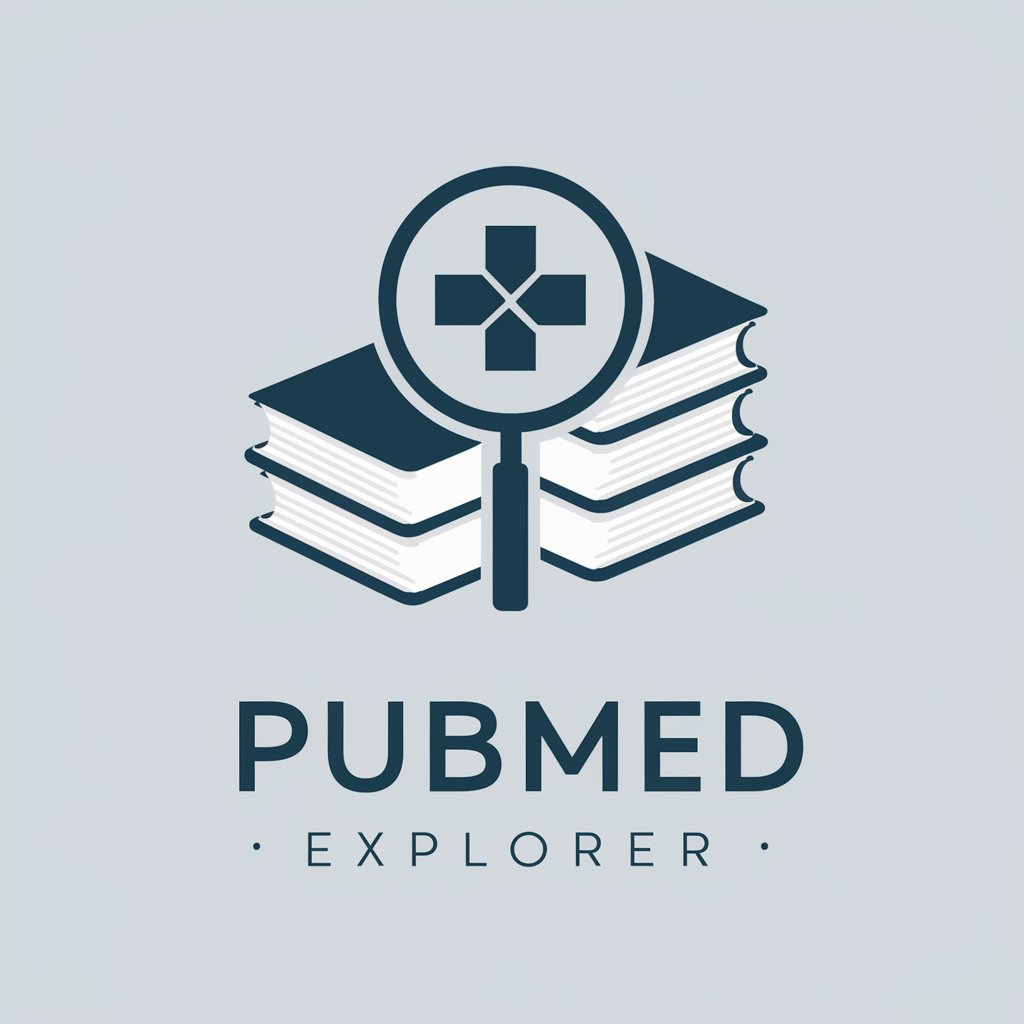
National Library of Medicine - Medical Information Search
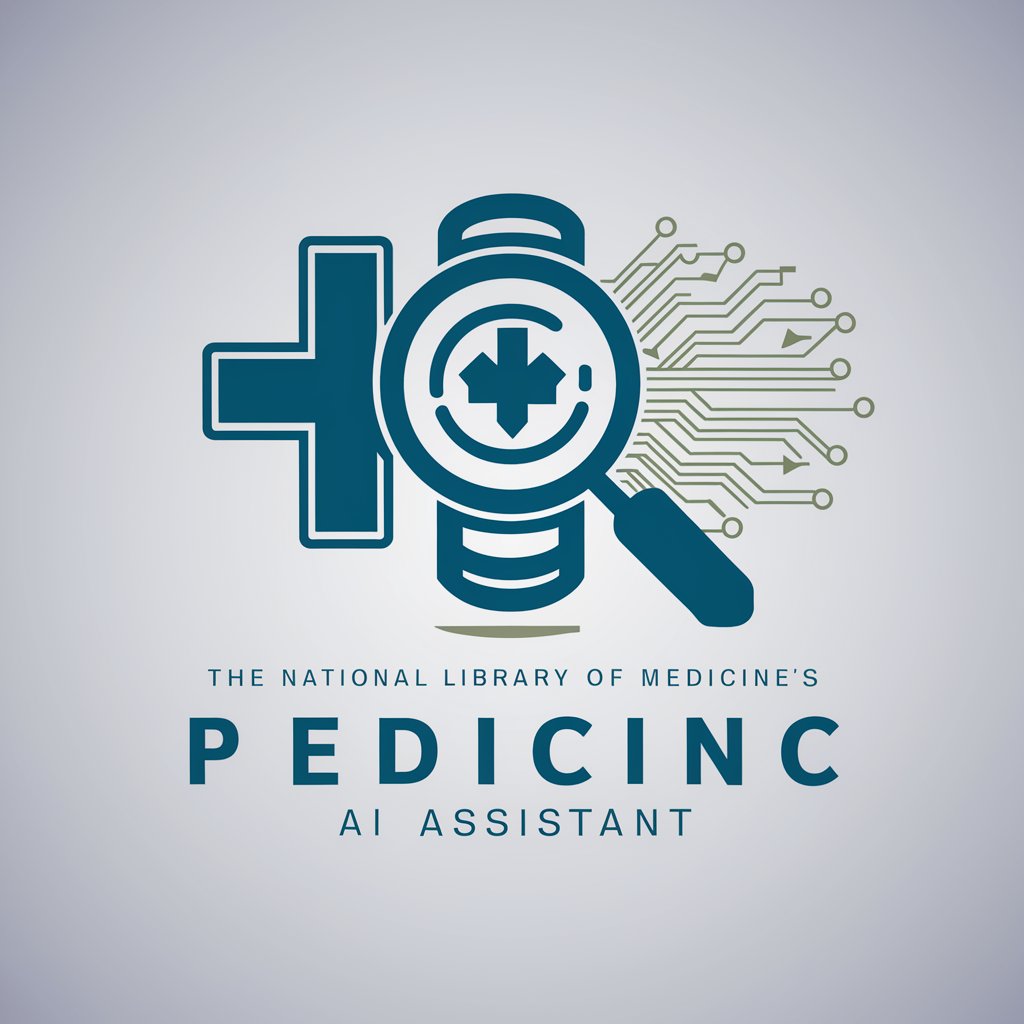
Welcome! How can I assist with your pediatric medical inquiries today?
Powering Medical Discovery with AI
Explain the latest advancements in pediatric medicine...
Summarize recent studies on childhood asthma...
What are the current guidelines for pediatric vaccination...
How does early intervention impact developmental disorders in children...
Get Embed Code
Introduction to the National Library of Medicine
The National Library of Medicine (NLM) is the world's largest biomedical library, a pivotal resource within the National Institutes of Health (NIH) in the U.S. It plays a crucial role in advancing medical knowledge by providing access to biomedical information to support research, education, and public health. NLM offers a variety of services including the development of electronic information services like PubMed, a massive database of medical literature, and other digital resources that enhance the retrieval of biomedical information. For example, during a public health crisis, researchers and healthcare professionals might utilize NLM's vast databases to rapidly access vital information on disease outbreaks, therapeutic interventions, and clinical trials, thus facilitating timely and informed decision-making. Powered by ChatGPT-4o。

Main Functions of the National Library of Medicine
Biomedical Research Support
Example
Providing access to comprehensive biomedical literature through PubMed
Scenario
A medical researcher investigating the genetic markers of a rare disease uses PubMed to find the latest studies and clinical trials results to inform their research direction and experimental design.
Health Data Standards Development
Example
Development of terminologies such as MeSH (Medical Subject Headings)
Scenario
Healthcare IT specialists use NLM’s standardized vocabularies to ensure interoperability between electronic health records systems across different hospitals, enhancing patient data exchange and improving care coordination.
Public Health Information Dissemination
Example
Creation of the MedlinePlus website to provide health information to the public
Scenario
A public health educator uses MedlinePlus to gather understandable, peer-reviewed health information to create educational materials for a community health fair focusing on heart disease prevention.
Ideal Users of the National Library of Medicine Services
Medical Researchers and Academics
These users rely on NLM's comprehensive databases like PubMed to conduct biomedical research, review scientific papers, and stay updated with the latest developments in their fields.
Healthcare Professionals
Physicians, nurses, and other healthcare providers use NLM services to access the latest treatment protocols, drug information, and clinical practice guidelines to enhance patient care.
Public Health Authorities
Public health officials use NLM’s resources to monitor health trends, educate the public, and make data-driven policy decisions to manage public health issues effectively.

How to Use the National Library of Medicine
Step 1
Visit yeschat.ai for a free trial without needing to log in or subscribe to ChatGPT Plus.
Step 2
Navigate to the PubMed section to access a vast database of medical publications.
Step 3
Use the search bar to enter specific keywords or phrases related to your medical inquiry.
Step 4
Utilize filters to refine search results by publication date, study type, age group, or other relevant criteria.
Step 5
Review and download full-text articles or abstracts to gain in-depth insights into your topics of interest.
Try other advanced and practical GPTs
National Holiday Cat OTD
Celebrate every holiday with a festive cat!

Devil Fruit Artisan
Crafting Unique 'One Piece' Devil Fruits

CityFresh Global Fruit Calendar Specialist
Seasonal Fruit Intelligence, Powered by AI

Fruit Stacker Guide
Strategize, Stack, and Score!
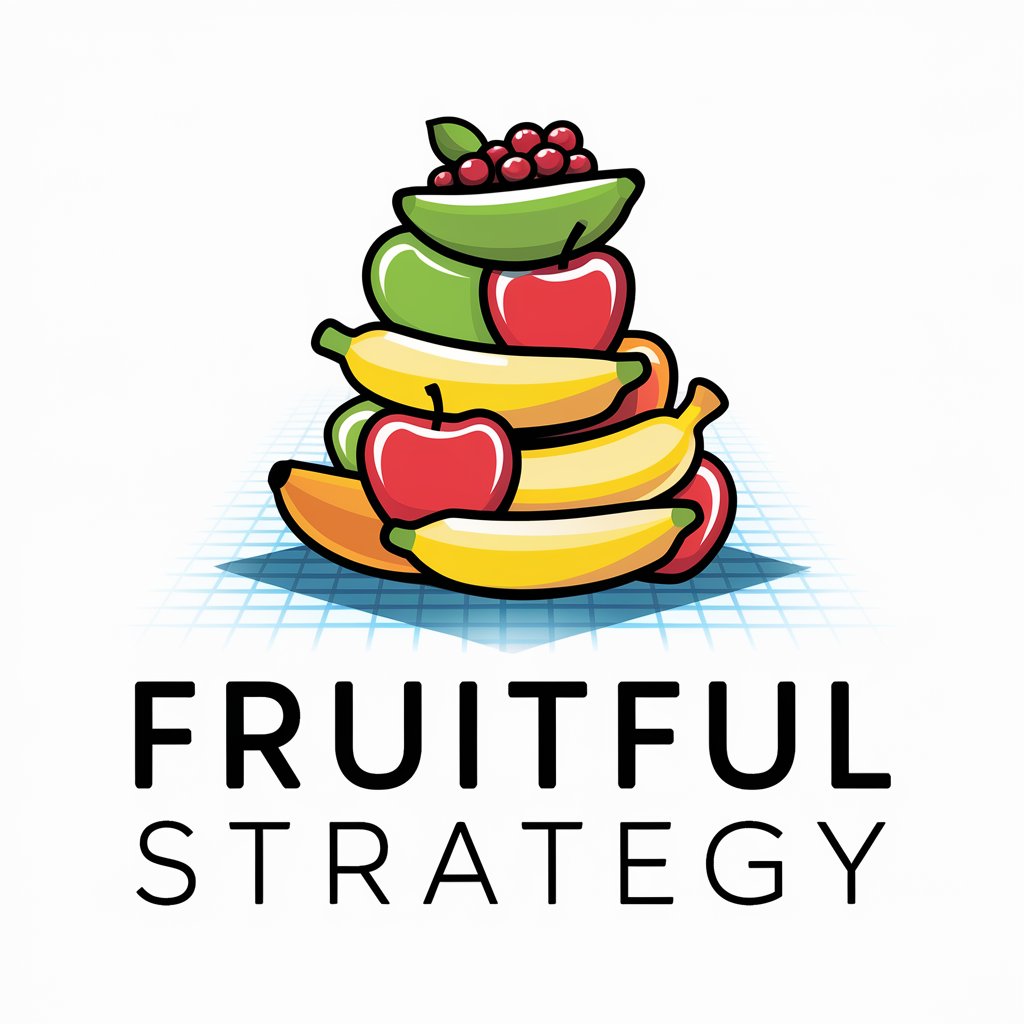
Freshest Fruit Today Pro
Discover Fresh Fruits, AI-Powered
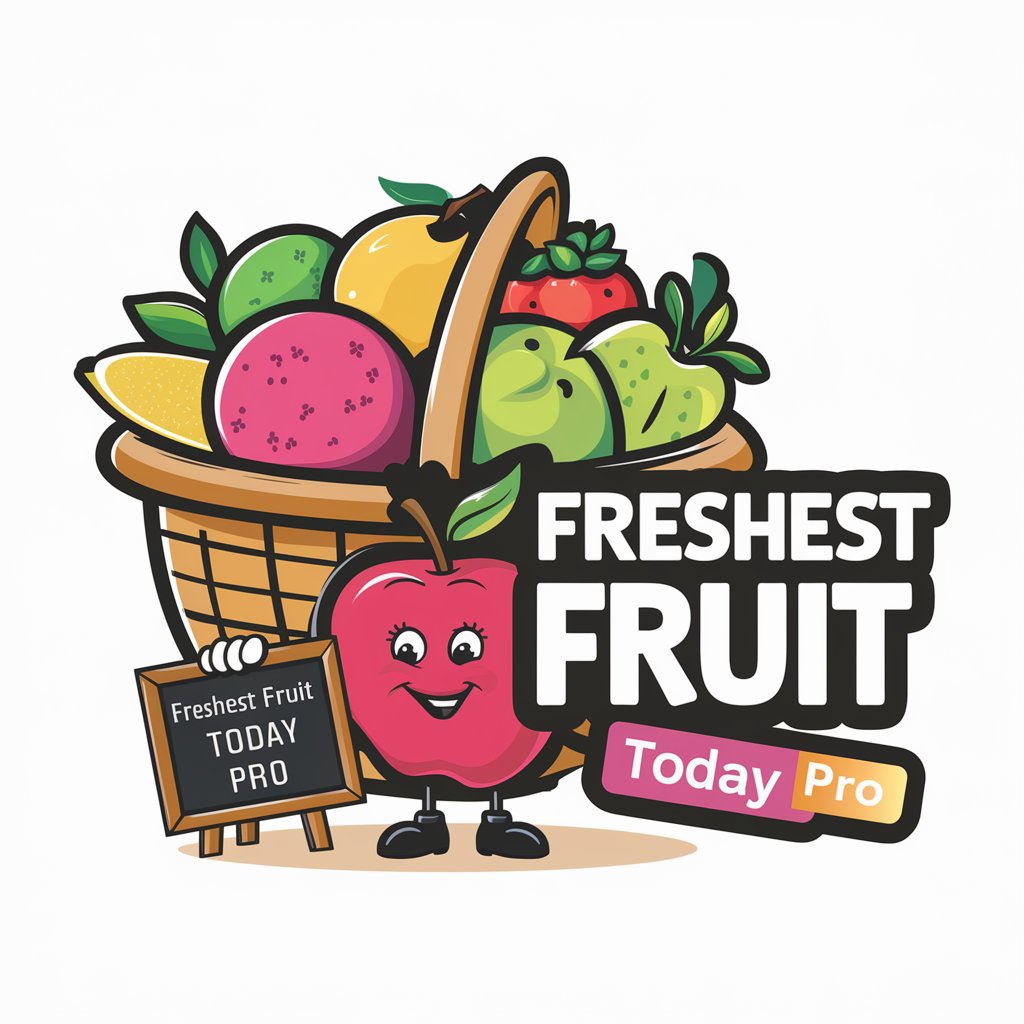
Fruit Veggie Game PL
Discover fruits and vegetables with AI!
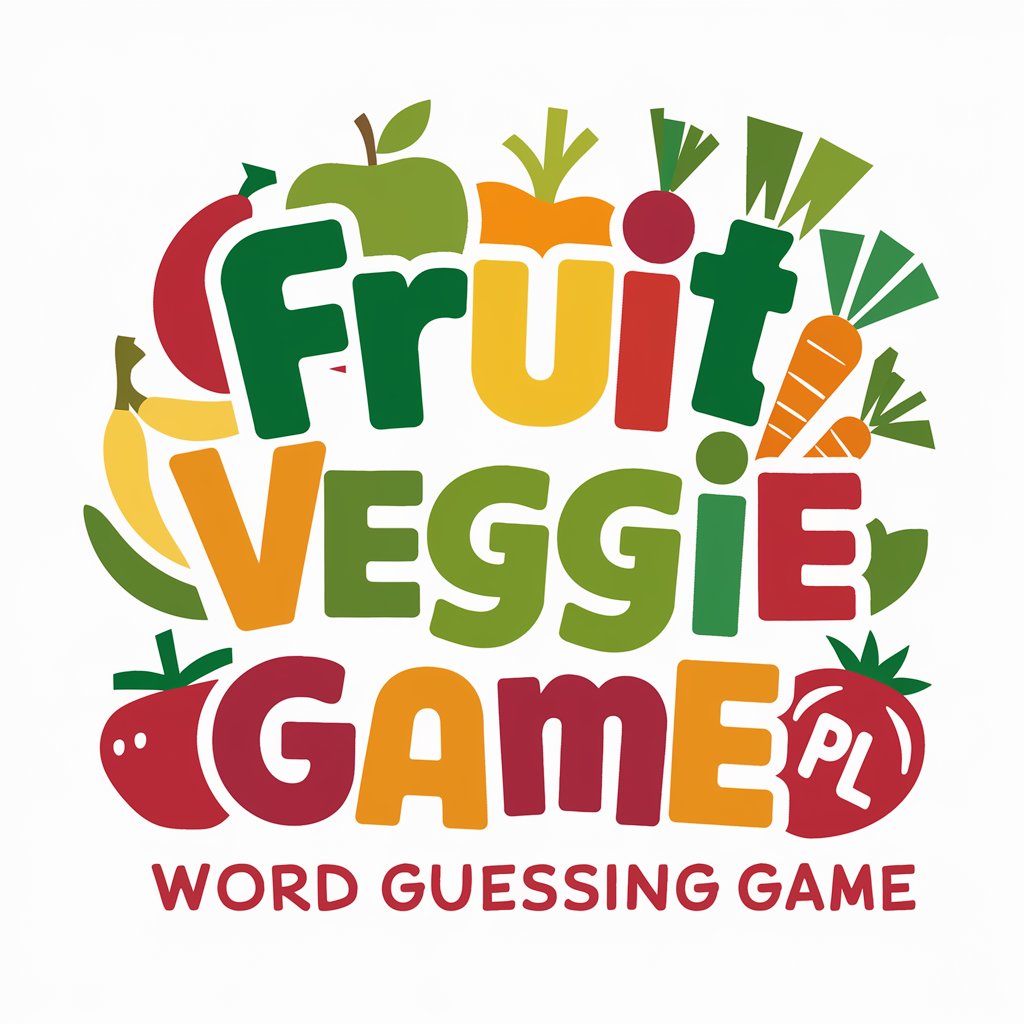
Aardvark's National Park Explorer
Explore National Parks with AI Power

Recruiter - National Guard
AI-powered insights into military recruitment.

National Dex
Build, Battle, Conquer - Harness AI to Master Pokémon
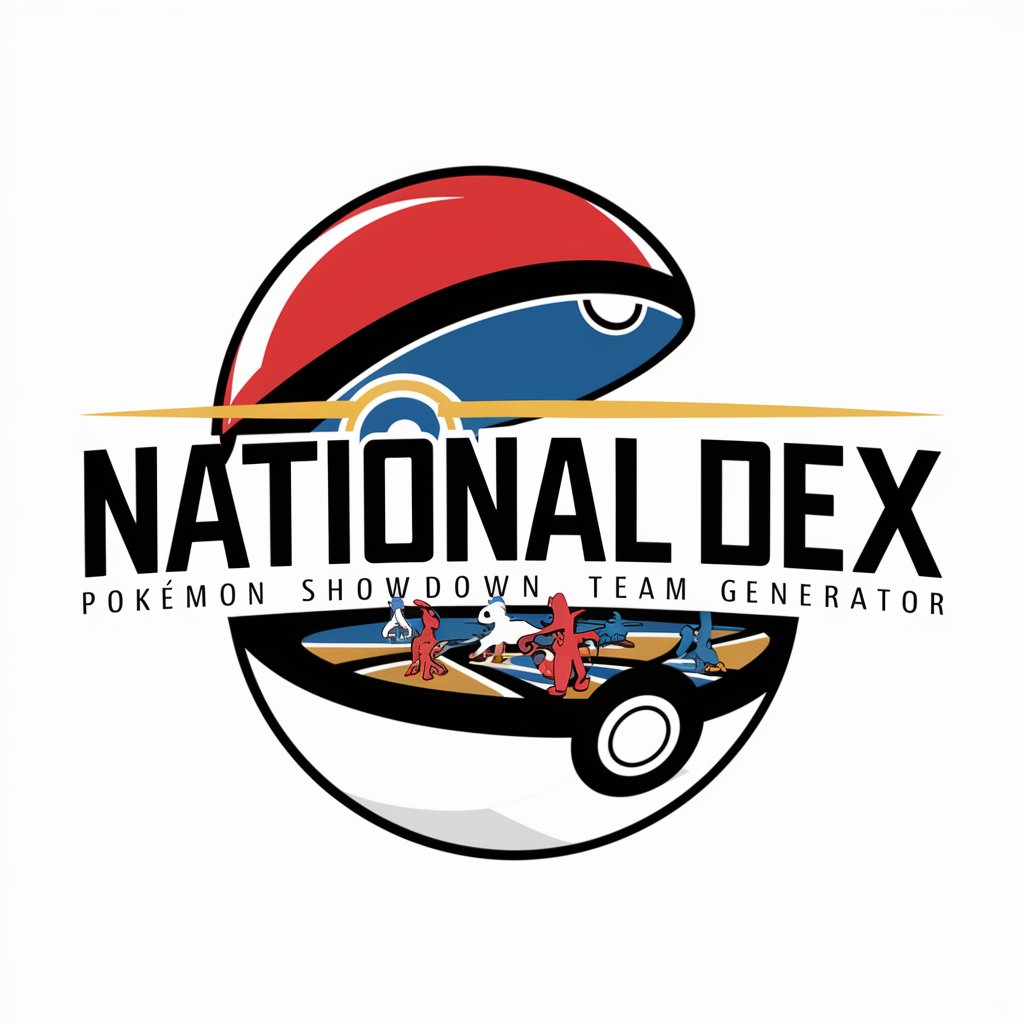
National Director
Empowering Stars with AI

National Park Guide Writer
Explore Parks with AI Guidance
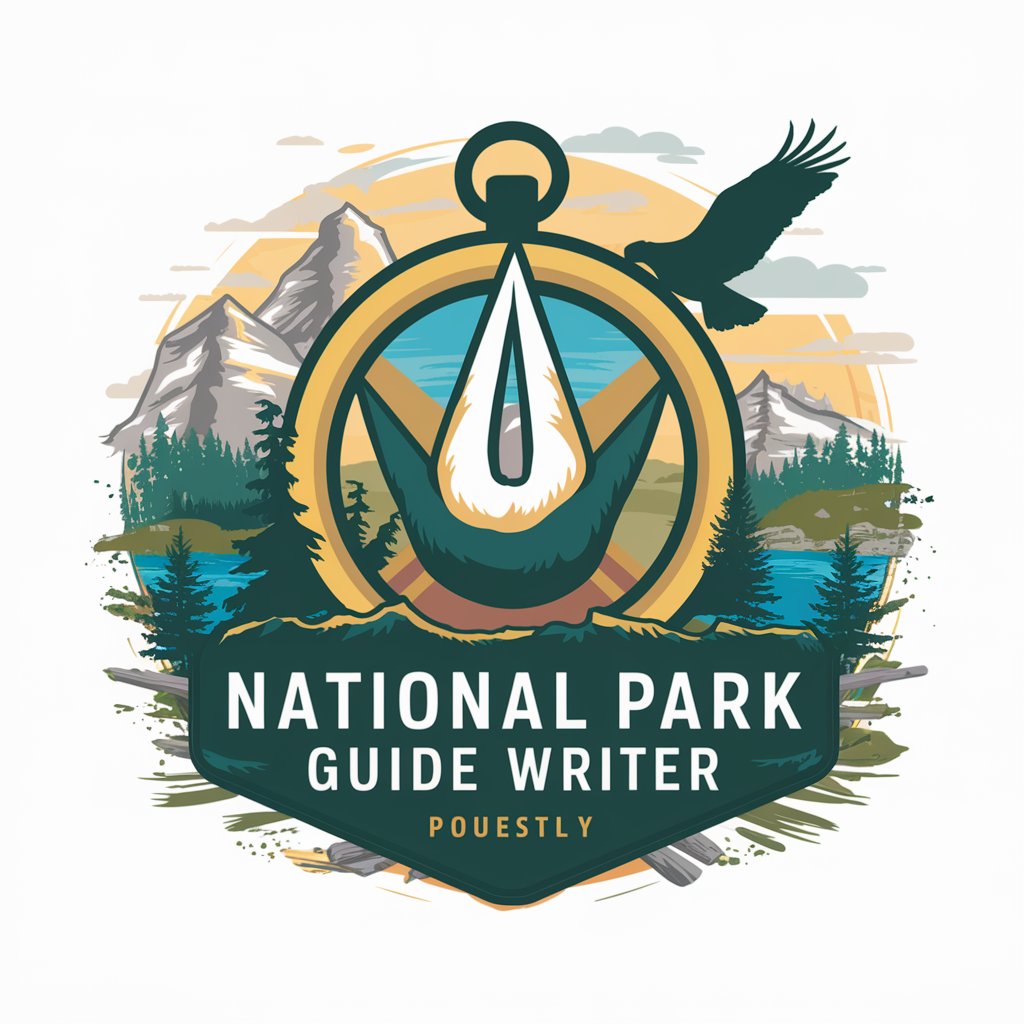
Small Businesses Who Give Back
Connecting community-conscious consumers
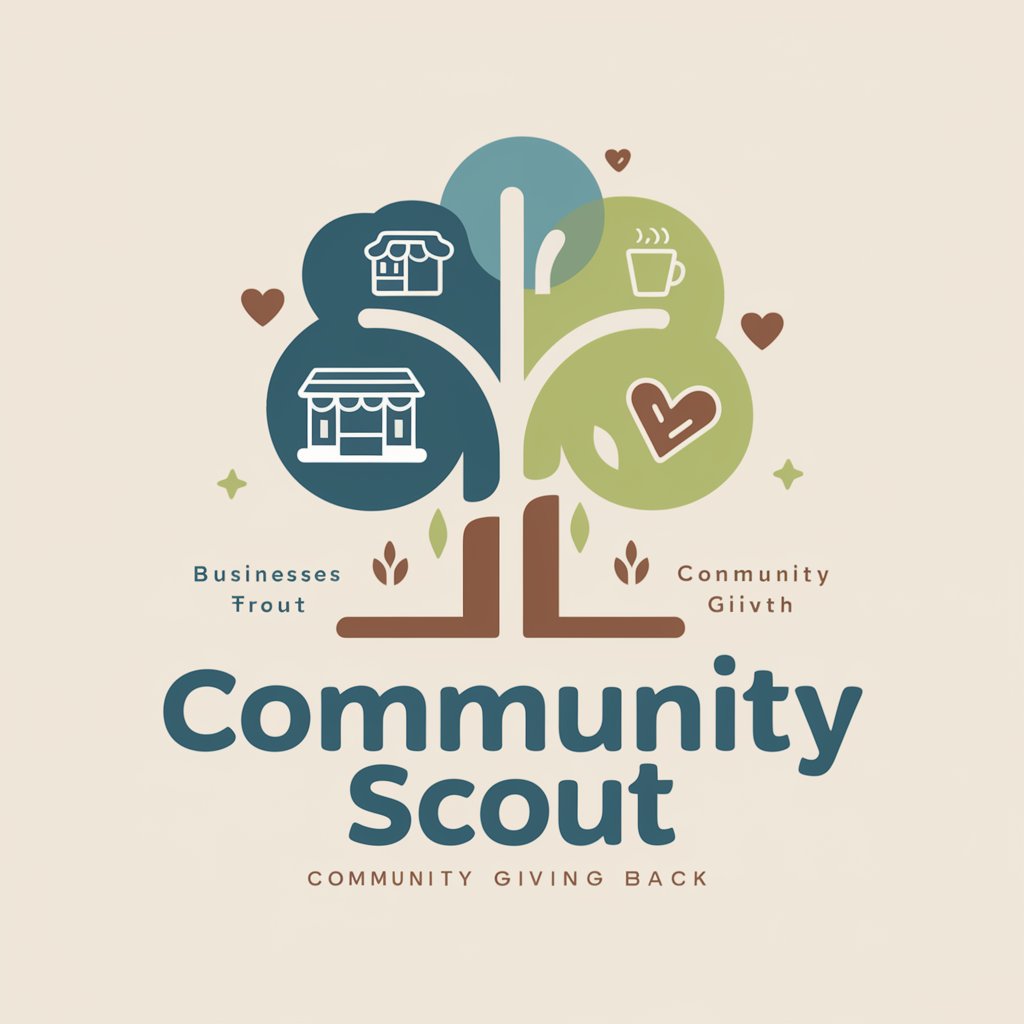
Frequently Asked Questions about the National Library of Medicine
What is PubMed?
PubMed is a free search engine accessing primarily the MEDLINE database of references and abstracts on life sciences and biomedical topics. It is part of the National Library of Medicine.
How can I access historical medical documents through the National Library of Medicine?
Historical documents can be accessed via the Digital Collections section, which houses a variety of films, books, and manuscripts related to health and disease.
Are there any tools for clinical professionals on the National Library of Medicine website?
Yes, clinical tools like ClinicalTrials.gov provide access to a database of privately and publicly funded clinical studies conducted around the world.
Can the National Library of Medicine help with genetic research?
Indeed, the NLM offers access to genomic and genetic resources such as GenBank and the NCBI Gene database to assist researchers in genetic research and studies.
Is there a way to receive updates on specific medical topics from the National Library of Medicine?
Users can subscribe to the MedlinePlus newsletters to receive updates and news about health topics, drugs, genetics, and more.
